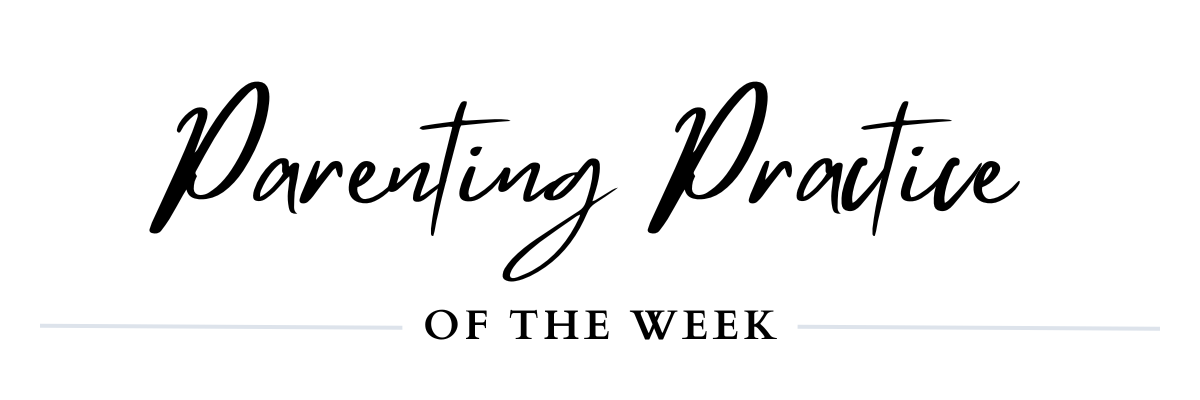How to respond to your child’s toughest moments

Here’s something worth remembering: every behavior is a form of communication.
Behind every outburst, refusal, or meltdown is a feeling, a need, or a longing.
This is true for children (and for us, too!!).
When we remember that even most adults struggle to express their needs clearly, it becomes easier to have empathy for our kids. They’re still developing the tools to share what’s happening inside. So instead, they often use behavior to speak for them.
And when we haven’t been taught how to listen beneath that behavior, it’s easy to get caught in reactivity or power struggles.
At the Jai Institute, we help parents build the muscle of compassionate leadership, which is the ability to stay grounded, hold boundaries, and tune in to what’s really going on beneath the surface for the people in our care.

Here’s a practical tool you can try this week: Become a Translator
A simple, three-step practice to help you pause, connect, and respond with empathy:
1. Pause and Breathe
Before you respond, take a moment to ground yourself. Breathe. Ask gently:
What might be going on underneath this behavior?
2. Describe What You See
Name the behavior without judgment or interpretation.
“My child is yelling.”
“They’re hiding.”
“They said no.”
“They’re hitting.”
3. Guess the Need
Instead of reacting, get curious.
Could they be feeling overwhelmed? Powerless? Tired? Disconnected?
Might they need comfort? Food? Autonomy? Connection?
You might even try saying—silently or aloud:
“I wonder if you’re feeling ___ because you’re needing ___.”
You don’t have to get it exactly right.
What matters is that you’re practicing a shift from controlling your child to connecting with them.
From reacting to relating.
This is what builds trust.
This is what nurtures emotional intelligence and resilience in your child and in you.
You're doing the work that matters most.
Share This Article:
Curious for more?














